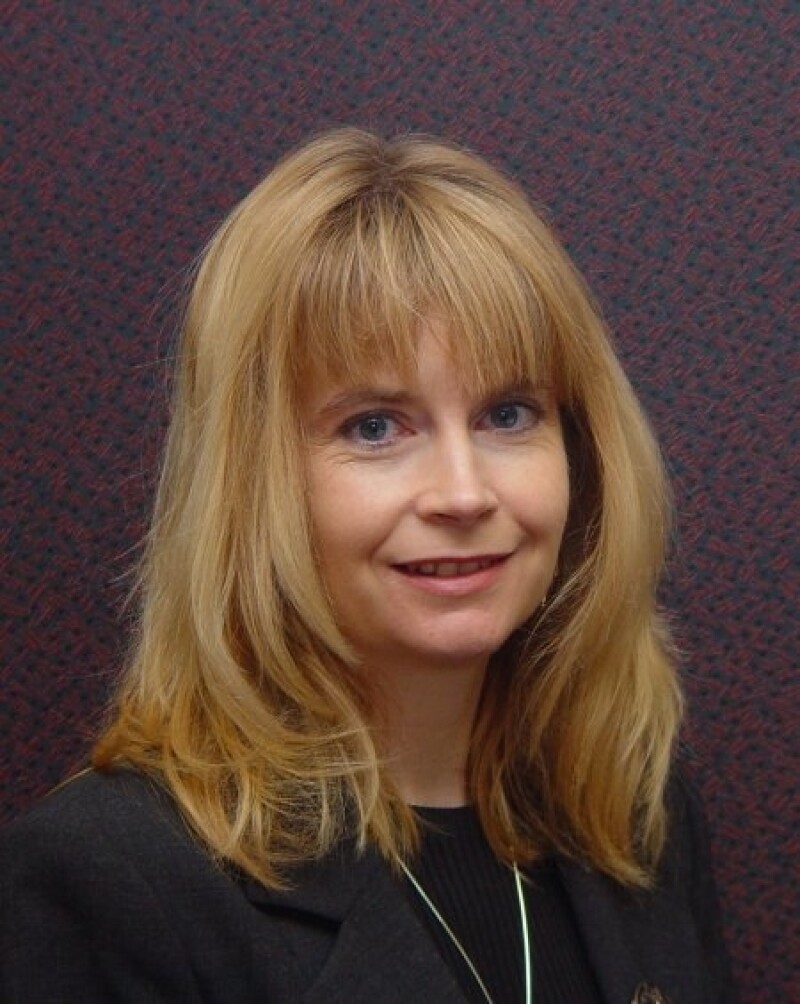
Catriona Hammer (right), senior IP counsel at GE Healthcare, is president of CIPA, the professional body for patent attorneys in the UK, until the end of May 2015.
Discussions on renewal fees for the Unitary Patent have been taking place between the member states participating in the initiative during the past year, and many patent owners say that until the fees are known it is difficult to decide how much they will use the new system.
“I hope those involved in the discussions consider the potential benefits to the European economy of setting the fees at the lower end of the scale being discussed for two reasons: one, to recognise it’s a difficult world out there and, two, to encourage uptake of the new system,” said Hammer in an interview conducted at CIPA’s London office at the end of last year.
“If you’re introducing a new product, you want to grow your user base. But we also recognise the issues for patent offices,” she added.
Observers have speculated about how much the fees will be: they could be as low as the equivalent of three national patents in Europe, or as high as 15 national patents. Hammer said she would like to see them set “at the low end of that scale”.
“Every company is going to have to review its filing strategy for Europe in the context of its global filing strategy. Some companies may switch away from the EPO altogether and others may go for the Unitary Patent,” she told Managing IP.
CIPA has been closely involved various aspects of the discussions on the Unitary Patent and UPC so far. One issue it has submitted powerful comments on concerns representation rights for patent attorneys in the new Court. But Hammer denied this is a case of special pleading: “There are elements of the system that look similar to certain EPO proceedings and patent attorneys are used to those and they also have scientific knowledge. Clients will want to take those factors into account along with others. Having more choice of representatives should enable clients to choose the best one for that particular case.”
"Having more choice of representatives should enable clients to choose the best one for that particular case.”
Hammer also told Managing IP about some of her priorities as CIPA president. One is promoting diversity, and a workshop on this subject is being held this month. She said that the profession can help to encourage students to study relevant subjects with a view to becoming patent practitioners: “Very few people grow up dreaming of becoming a patent attorney – most of us fall into it by accident. If we can bring that first communication forward, it might influence the subjects they choose to study.”
Another issue CIPA is focusing on is trade secrets, due to the proposed EU Directive on the issue and what Hammer called the “increased risk of trade secret misappropriation” that businesses face. “That’s relevant to industry and also private practice firms who hold a lot of confidential information for their clients. We all need to know how to mitigate our risks,” she said. A seminar on trade secrets is taking place at UCL next week.
Read the full Q&A interview with Catriona Hammer (Managing IP subscription or free trial required).









